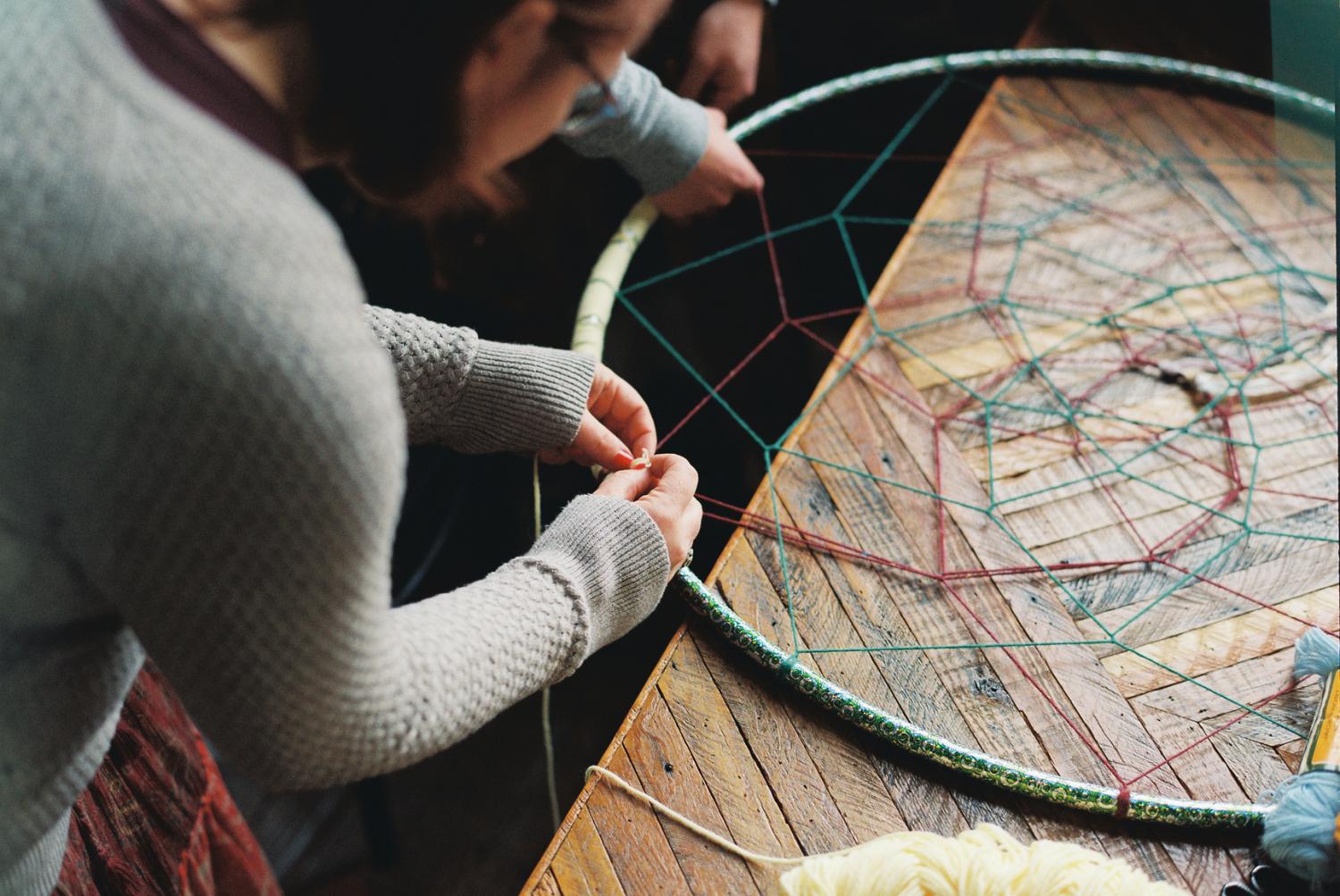Open Call: Bring Decentralized Tools to Your Community

What are the consequences of relying on tools controlled by someone else? Often those in control are corporations whose values may differ from those of the communities that rely on them. Debates are escalating among artists, activists, and technologists about buzzwords like "decentralization," the "metaverse," and "web3," but can any of it really help build community? How can healthier social relations emerge around our technology, particularly in terms of self-governance, autonomy, and accessibility? These are the kinds of questions we are asking with a new collaborative project, Sacred Stacks.
New technology does not determine how we use it, but it can open the door to new kinds of relationships and community organizing. The same tools could produce a corporate metaverse or a pluriverse where many worlds fit. Technology is a cypher, and with this project we want to contribute to shaping its meaning.
We are looking to partner with vital communities—communities centered around deep commitments like spiritual experimentation, collective study, and social transformation. Together, we will explore how decentralized tools and self-governance practices can make these communities even stronger.
By "sacred" we mean the beating heart of any community. It is the most alive part of our cyborg selves—the struggles, the spirituality, the hard-won relationships, the convictions that matter to us most. Above all, we seek to center these things and build stacks around them.
"Stacks" are the combinations of technology and social practices that support the making of community. A stack might include communication tools, data storage, subscriptions with large companies, or sticky notes and a whiteboard. A stack might also include a group's rituals and aesthetics, shared language and common space. The question of how to intentionally organize our stacks around our communities is what we are setting out to explore.
During the course of 2022, Sacred Stacks will work with several partner communities, particularly ones without the internal capacity to try emerging technologies and processes on their own. We will provide a $5,000 stipend to each community to support its participation, along with in-kind support from our partner technical and cultural consultants, Hypha Worker Co-operative and the Tech Chaplaincy Institute. Our efforts are guided by the DWeb Principles.
Prospective partner communities from anywhere in the world are welcome. Communities should have:
A strong interest in experimenting with emerging technology, even if they lack technical skills
Already established themselves to some degree of membership and maturity, rather than being prospective or proposed
One or two members willing to be the primary liaisons for this project
During 2022, partner communities will:
Participate in monthly virtual meetings with other communities to compare experiences and provide peer support
Work collaboratively with project consultants to achieve community goals through new tools and processes
Provide self-documentation about the experience in culturally appropriate forms
If this seems like a good fit for your community, we look forward to hearing from you!
Application deadline: March 11, 2022 anywhere in the world.
Sacred Stacks is a project of the Media Enterprise Design Lab and the Center for Media, Religion and Culture at the University of Colorado Boulder, with grant support from the Henry Luce Foundation. It is coordinated by Nabil Echchaibi, Samira Rajabi, and Nathan Schneider.
Please direct any inquiries to the Media Enterprise Design Lab at medlab@colorado.edu.

